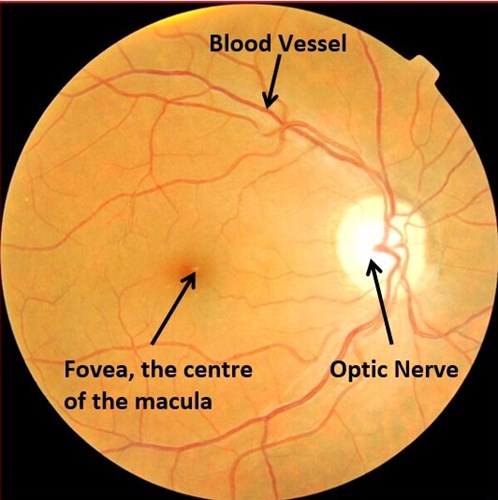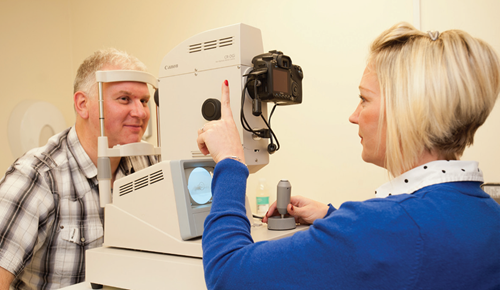The NHS Diabetes Eye Screening Programme (DESP)
What is the point?
Diabetes eye screening is a national programme that is designed to pick up changes in the retina, at the back of the eye, in people with diabetes. These changes, known as diabetes-related retinopathy, are usually detected long before eyesight is affected.
The goal of screening is to find people with sight-threatening retinopathy, so that advice and treatment can be offered to prevent sight loss, as diabetes-related retinopathy is one of the leading causes of blindness in the UK.

Who should be screened?
Everyone aged 12 and over in the UK with diabetes of any type; even if they have ‘normal eyesight’.
Even if you visit your optician every year this does not replace diabetes eye screening, as the optician does a different job
How does the process work?
You should receive a letter once a year inviting you to attend the screening, which could be at your local hospital, opticians or a GP practice. If you do not receive a letter you must tell your GP, so they can arrange for this to happen.
At the appointment, you will be asked to read letters on a chart. Then drops will be put in your eyes that will make your pupils bigger so that a special camera can take photos of the back of your eye. The drops last approximately 3 hours and will blur your vision temporarily, so this is the reason you cannot drive home after the appointment.
The camera that takes the photo does not touch your eye and the total visit to screening should be about 30 minutes.

Results
The pictures are reviewed by specially trained professionals and double-checked. Results are then sent by post to you and to your GP within 3 weeks. The result will either say there are no or minimal changes in the eye and that your next appointment will be for a photo again in one year's time, or it will invite you to another appointment. This may be for another photo or to see an eye professional who will look at the back of the eye with a microscope.
Being invited for a further appointment can be for several reasons, from the pictures not being good enough, to diabetes-related changes in the eye that need further management.
It is very important to attend this appointment and know that diabetes-related eye changes can often be treated, but left untreated they can lead to blindness.
For further information on screening: Please visit the North West London diabetes eye screening programme website at http://www.nwldesp.co.uk/.




